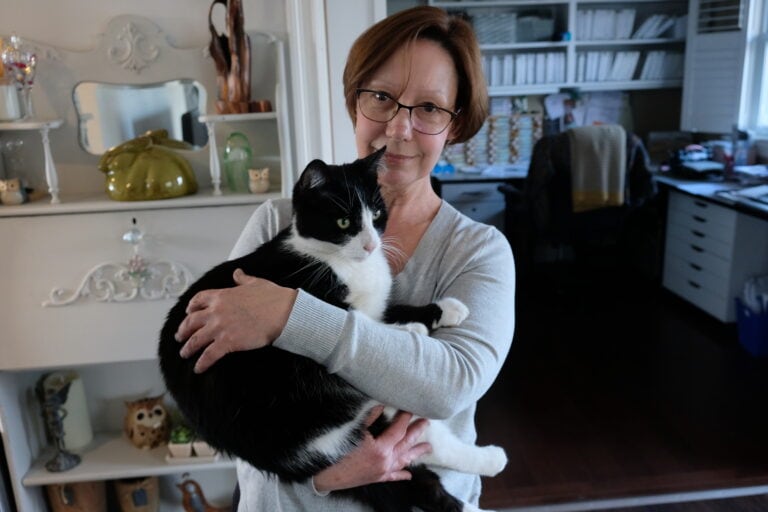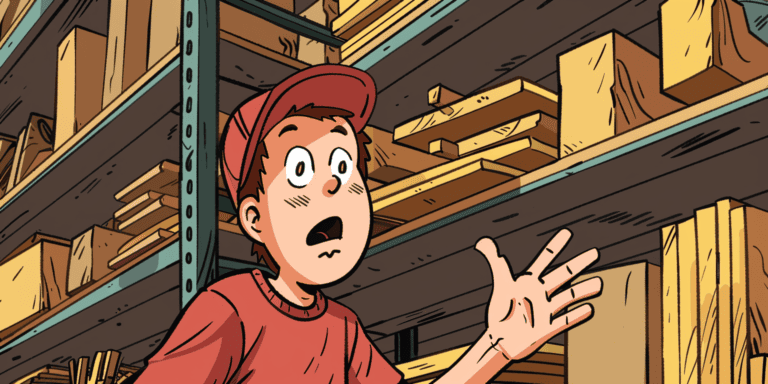Jean Baker
Special to The Lake Report
Christmas 1942 in wartime Britain was marked by austerity measures.
Food and clothing rationing, a minimal petrol allowance for cars, infrequent bus services, mandatory blackout of all windows to avoid detection by enemy aircraft.
A childhood without toys, few books and a walk to school carrying a gas mask in case the wail of a siren warned of an imminent bombing raid.
The Battle of Britain was over but London was a place of buildings now in rubble, some smouldering. More attacks would devastate many other cities, including my home town Leicester. More deaths and hasty funerals.
Winston Churchill in a prophetic radio speech to the nation warned of the “spreading evil empire of Hitler’s Nazi Germany would overwhelm and swallow up this island realm unless the war effort was stimulated by greater zeal.”
Well, our iron railings in front of our house were confiscated for munitions without a knock. My mother, on noting the gaping hole left, promptly fainted. People gossiped on the street that Churchill was a warmonger. His gloomy prediction of a forthcoming apocalypse gained no traction.
No, the populace was exhorted to “dig for victory,” plant potatoes instead of flowers, veggies where the raspberries once prevailed, be discreet on public transport where a grim reaper poster warned that careless talk costs lives.
Soon a chicken house would appear in our garden. Just think: real eggs, freshly laid instead of those horrible dehydrated tasteless dried eggs imported from the United States.
We could barter any surplus eggs with our neighbours in exchange for extra tea. My mother could bake a real cake instead of the fatless, eggless sponge! A win-win for everyone. What an event to break the monotony of the daily routine.
The afternoon the three Black Leghorns arrived, carried by my father by train and bus in a perforated box from his place of work, the fire station in Rugby was memorable for its humour.
The box opened, the three birds said to be on the “point of lay’’ promptly flew up into the trees, not interested in the bowls of grit, food and water placed in front of their new abode.
Father flapped his arms wildly around the trees. My sister, mother and I collapsed laughing at the kitchen window. Father was not amused. The birds were taken to the butcher the next day to have their wings clipped.
Bruised pride not withstanding, my father took us to the fire station for the annual Christmas party.
After the usual fare of jellies, blancmange, sandwiches and lemonade, Father Christmas walked in carrying his magical sack.
Being resourceful chaps, the firefighters had used pillow feathers to stuff animals, dolls and wooden toys, which I coveted. I received a wooden scooter with wheels purloined from a wrecked pram. Now I could terrorize the neighbourhood and leave my tame whip and top to my sister. In any case, I did not envy her wooden butterfly even though it flapped its wings.
The following Christmas of 1943, Kurt Zerm entered our lives as a Christmas dinner guest.
“Why not,” my father suggested, “invite a German prisoner of war from the nearby camp to share in our meagre festivities?”
Would the Commandant grant permission if my father gave a solemn undertaking to bring him back at the appointed hour of 7 p.m. According to our neighbours the bounds of patriotism were being breached, but with the blessing of the authorities, Kurt came to our home.
We enjoyed our traditional glass of non-alcoholic ginger wine (my father was a strict teetotaler).
After the skinny chicken with all the trimmings, my mother, to loud applause, imitating Mrs. Cratchit in Dickens’ “A Christmas Carol,” triumphantly bore in a speckled cannon ball-sized pudding sporting a holy sprig. Heartfelt carols sung around our beat-up old Collard and Collard piano ended a happy day and, as Tiny Tim said, “God bless everyone.”
However, we had established a bond with Kurt. He became a good friend and was allowed back to assist in the digging of potatoes, which remained a substantial part of our diet. In this way, he helped contribute to an Allied victory.
Jean Baker has been an author for many years, with a long list of published articles to her credit. A member of the Canadian Authors Association and Niagara Writers’ Circle, her award-winning mystery story was published in “Rising Spirits.”



.jpg)






